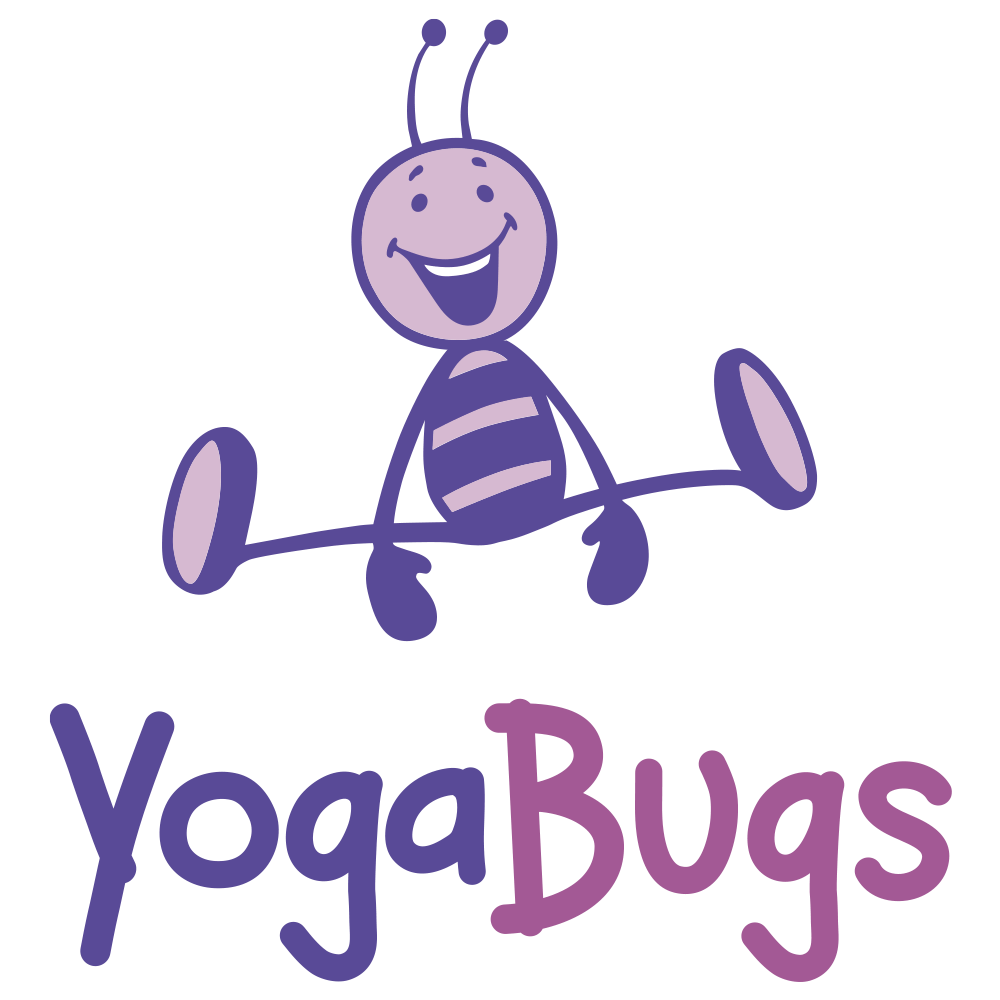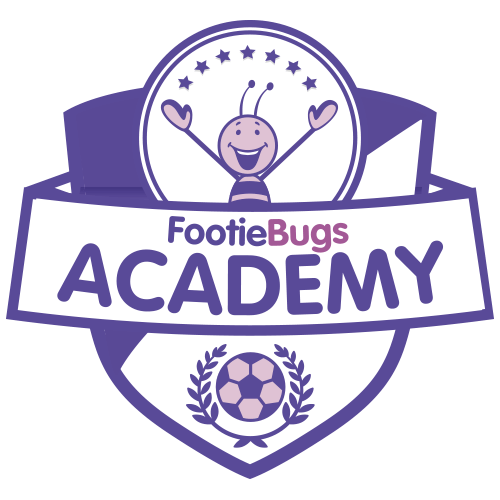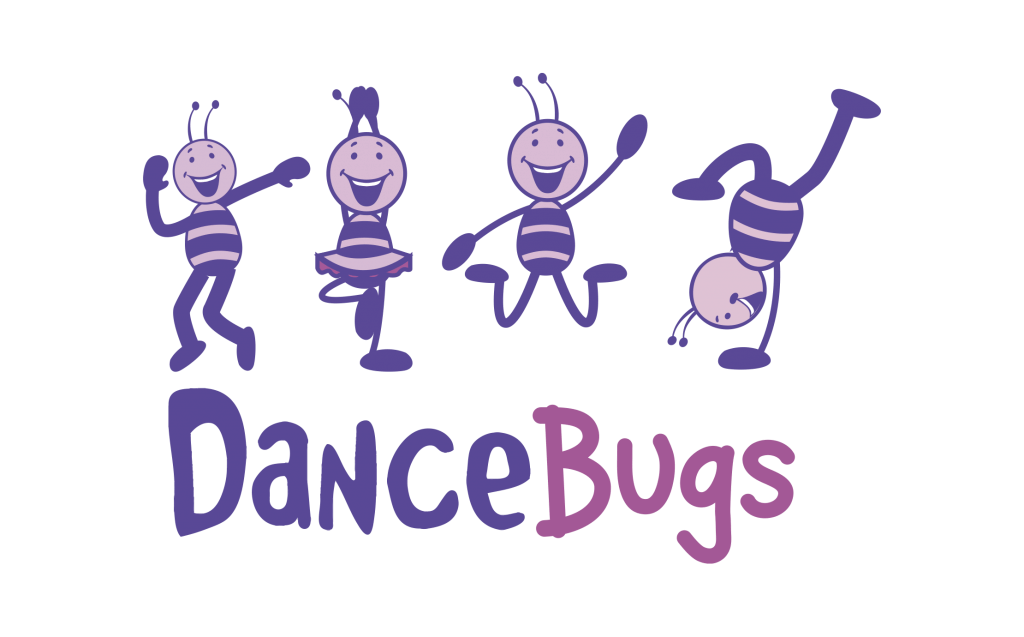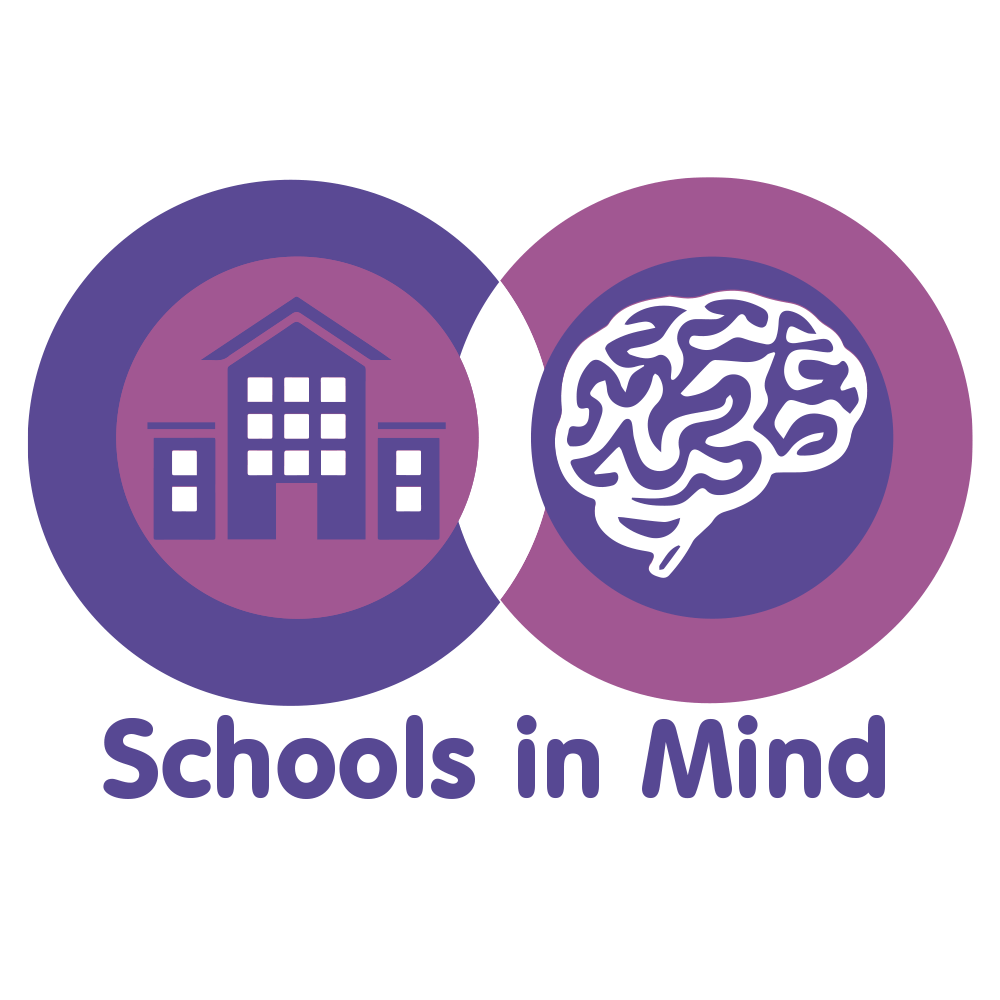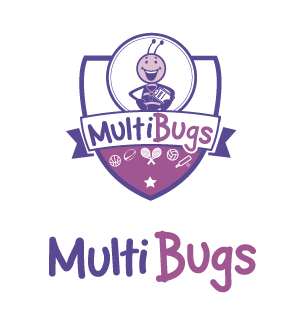
This week many of us are celebrating Children’s Mental Health Week and doing our part to pay respects to those with mental struggles, whether that has been through social media or other awareness campaigns.
But what are we doing to open the door on this” stigma” and starting conversations on tackling mental health?
The prevalence of youth mental health issues is well-documented, affecting a staggering 1 in 5 children, approximately 3 children in every standard-size UK classroom (Mental Health Foundation).
According to the Children’s Society, children’s happiness with life is at its lowest in a decade, with the number of children admitted to A&E departments with mental health issues rising by 330% since 2010. Alongside this, there has been a 48% rise in anxiety and depression among British children in the past 15 years. More than half of all adults with mental health issues were diagnosed in childhood by the age of 14; evidence of how vital early intervention and sufficient youth mental health support is.
Children today must contend with a wide range of anxiety and stress inducing elements such as pervasive peer pressure, increasingly competitive education systems and severe body image concerns. Over-use of social media is an additional new pressure for children to contend with, as it can lead to constant over-stimulation and distractions. Recent research suggests that more than 23% of young people and children have a dysfunctional relationship with their smartphones, and that this appears to be associated with poorer mental health (BMC Psychiatry).
It is only in recent years that mental health has started to be considered as equal in importance to physical health.
A child’s mental health is just as important as their physical health and deserves the same quality of support. No one would feel embarrassed about seeking help for a child is they broke their arm – and we really should be equally ready to support a child coping with emotional difficulties.
Movement and Mental Health
One of the best steps to take is to encourage children to participate in a regular sport as physical activity can play a key part in supporting young people’s mental health. The British Medical Journal recently found an association between sedentary behaviour amongst children and poorer mental health. Involvement with routine physical activity was shown to have many benefits including improved cognitive performance, better academic achievement, and increased self-esteem and reduced anxiety. At YogaBugs, we believe that sport and physical activity is critical in teaching children some of the skills to cope with the difficulties that they may encounter.
Many sports, such as children’s yoga can help children quiet their minds and focus on their tasks. In addition, it can give them strategies on how to regulate their emotions and develop a more positive outlook. By using YogaBugs unique narrative-based approach to sports sessions, children can enjoy activities that benefit their mental health, whilst having fun. Our school yoga sessions encourage creativity, exploration and adventure throughout the sessions and create a safe and accepting environment for children to flourish.
In addition, our Mindfulness programme teaches children mindfulness through a combination of yoga, breathing, visualisation and relaxation techniques. Meditation in our sessions also shows children how to cope with challenging thoughts and emotions and focus on the here and now.
At YogaBugs we have created bespoke school programmes that support children’s mental health and wellbeing by making yoga fun through stories. All of classes and videos include breathing, relaxation, and visualisation techniques to help children feel calm and start to deal with their emotions.

Through these programmes we achieve an average of 40% improvement across all areas mentioned above meaning, your school can achieve the following out comes:
- Improved concentration and behaviour
- Helping children better deal with their emotions
- Improved listening skills
- Children feel calmer, relax and in control
- Increased confidence
- Improved balance and coordination
To see a snippet example of what we teach the children to manage their emotions, stress & anxieties. Please see the videos below that you can use in your classroom! These are example of classroom yoga sessions from our virtual programme. Understanding anger is for EYFS & KS1 children, with Yoga for Happiness for KS2.
***If you need help tackling mental health and want a would like to trial YogaBugs virtual free of charge in your school click here
If you would like to book a Free Demo Class followed by a meeting to discuss how we could help you and your children click here




